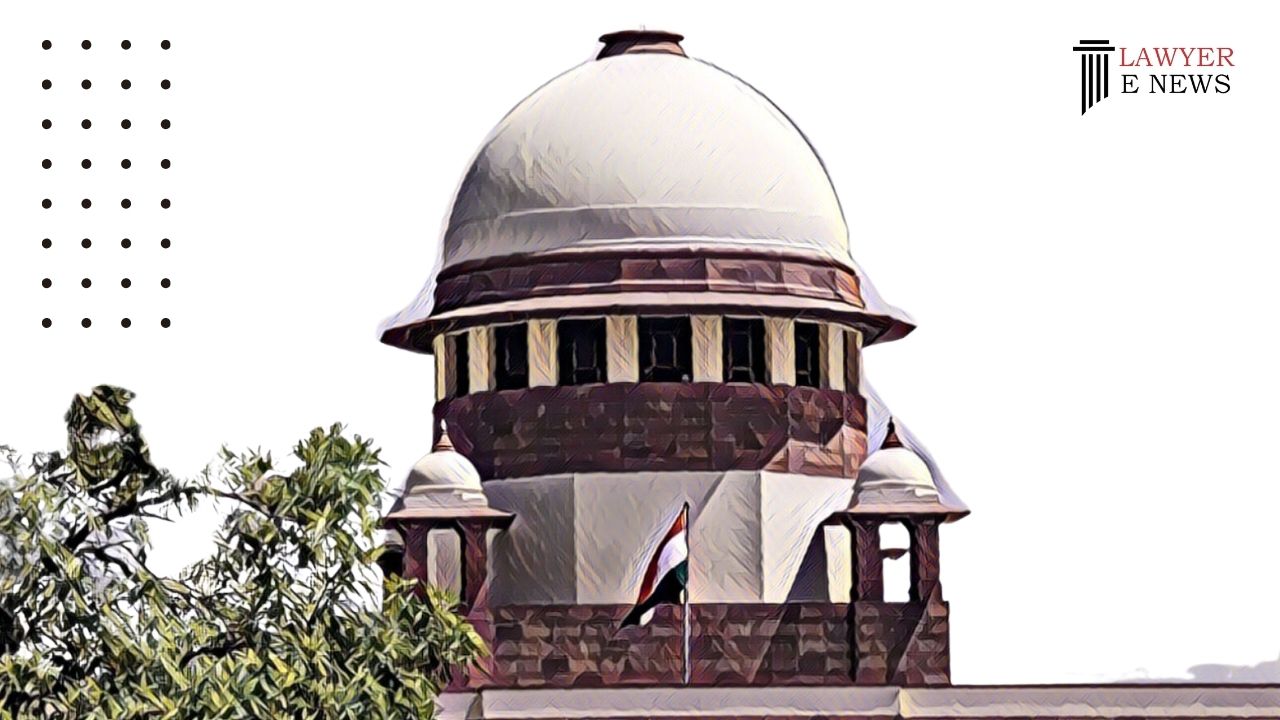-
by Admin
15 February 2026 5:35 AM



In a recent judgment delivered on 16 May 2023, the Supreme Court of India ruled in the case of Kamukayi & Ors. V. Union of India and Ors., that the deceased in a railway accident was a bona fide passenger. The Court set aside the findings of the Claims Tribunal and the High Court, terming them as perverse.
The case revolved around a claim petition filed by the appellants seeking compensation for the death of the deceased in an untoward incident. The initial burden was on the claimants to prove that the deceased was a bona fide passenger, which they successfully established. The burden then shifted to the Railway Administration to disprove this, but they failed to provide any evidence to refute the deceased’s status as a bona fide passenger.
The Court also took Into account an investigation report accepted by the Divisional Railway Manager, which acknowledged the occurrence of the untoward incident. The findings of the Claims Tribunal and the High Court were criticized for not considering the investigation documents and final report, leading to their set-aside as perverse.
Regarding the compensation, the Court referred to the amended Compensation Rules and held that the amount payable should be calculated based on the amended rules. The Court applied the principles laid down in previous judgments, including Rina Devi and Radha Yadav, and emphasized that the claimants should receive the higher of two amounts if the liability for compensation arose before the amendment.
Consequently, the Court allowed the appeal and awarded the appellants compensation of Rs. 4,00,000/- with interest at 7% per annum. If the final figure, after applying interest, is less than Rs. 8,00,000/-, the appellants will be entitled to the higher amount. The respondents were directed to pay the compensation within eight weeks.
This judgment highlights the importance of establishing the status of a bona fide passenger in railway accident cases and the burden of proof placed on both claimants and the Railway Administration. It also showcases the Court’s commitment to ensuring just compensation for victims of untoward incidents.
16 May 2023,
Kamukayi & Ors. V. Union of India and Ors.
